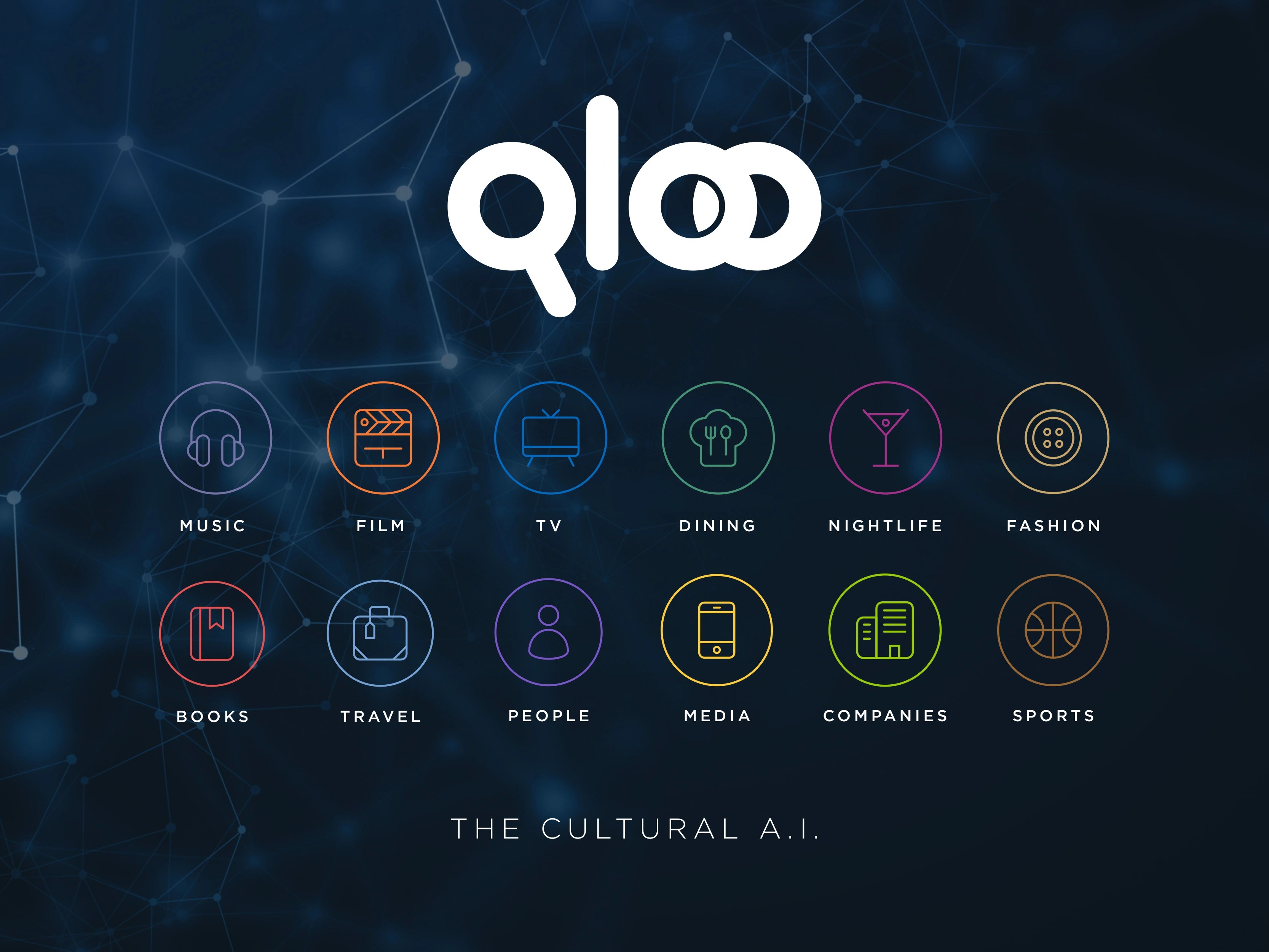Policymakers have been cracking down on platforms that collect consumer data, implementing rules that require companies to be transparent about the details they gather and use for commercial purposes. For example, last year, Virginia passed the Colorado Data Protection Act, which requires businesses to obtain consent before processing sensitive information, disclose when the information will be sold and allow customers to opt out. California, Colorado and the European Union have similar frameworks in place, while other states and nations are considering the same.
Some marketers argue these protections have made it harder to suggest or predict which products customers might want. But Alex Elias says it doesn’t have to be this way. He’s the founder of Qloo, a platform that uses AI to help brands analyze customer preference data to provide recommendations, including recommendations for entertainment and physical goods.
“The regulatory and platform environments around privacy have greatly restricted identity-driven means of understanding consumers. This has had seismic implications across sectors ranging from tech to consumer packaged goods, and led many companies to scramble to collect their own first-party data, which comes at significant risk,” Elias told TechCrunch in an email interview. “At the same time, consumer tastes are becoming more fragmented and granular in their profiles, with the proliferation of media and music consumption making it more difficult to reach consumers.”
Elias co-founded Qloo with Jay Alger, Qloo’s chief operating officer, to solve these dual problems, Elias tells me. “Qloo can illuminate audiences’ preferences at scale, the data can improve the efficiency of sales, power a lift in conversion and therefore increase bottom line,” he said. “Most companies that have a vested interest in understanding consumer taste at a more granular level can benefit from Qloo.”
In a show of faith from investors, Qloo today nabbed a fresh $15 million in funding as a part of a Series B round led by Eldridge and AXA Venture Partners. It brings the company’s total raised to $30 million, which includes contributions from high-profile celebrities like actor Leonardo DiCaprio, Elton John and Starwood Hotels founder Barry Sternlicht.
Qloo claims that its API correlates over 575 million “primary entities” — including movies, books, restaurants and songs — to give predictions of consumer taste for “dozens” of enterprise clients, such as PepsiCo and Elton John’s music company Rocket Entertainment. The API also powers TasteDive, a social media app with a built-in entertainment recommendation engine for films, TV shows, music, video games and books that Qloo acquired in 2019.
According to Elias, Qloo doesn’t use any personally identifiable information, keeping all requests “ad hoc” and declining to store the identities of clients’ customers. Data is ostensibly anonymized and encrypted, and the platform’s data handling is “fully compliant” with regulations, including GDPR and the California Consumer Privacy Act, Elias says.
The specifics are a bit fuzzy, but at a high level, Qloo uses a knowledge base of customer preferences to fine-tune algorithms that yield product recommendations and insights. For instance, Qloo can create “taste affinities” for entities (e.g. music artists) overlaid on a geographic region, revealing the tastes and trends of particular cities and even neighborhoods (like which musicians are popular in Downtown Brooklyn). The platform can also generate descriptions about the tastes of groupings of entities or comparisons of entities, like the differences in music tastes between a Nike sneaker customer and Vans customer.
Armed with Qloo and its integrations with Snowflake, Tableau and other existing data platforms, customers can better solve problems like driving sales, reducing ad spend and choosing retail locations, Elias asserts.

Image Credits: Qloo
“[Qloo’s] AI is attuned to a wide range of parameters, so end clients can adjust the weighting of the algorithm dynamically, based on how ‘novel’ or ‘expected’ they would like the taste correlations to be for the end consumer,” Elias continued. “For example, a streaming client in Asia was able to prioritize regionally-specific results over globally popular recommendations and tune the algorithm accordingly.”
Elias concedes that countless companies have tried to crack personalizations and recommendations through AI, including Mastercard-owned Dynamic Yield and RichRelevance. But he sees the Qloo platform as complementary to competitors that operate more generalized recommendation engines like Amazon Personalize, Azure Recommendations API and Google Cloud’s Recommendations AI, as it putatively brings “turnkey knowledge” that they sometimes lack.
“Qloo is differentiated because of its deep dataset and existing knowledge base across domains including music, products, travel and more. This allows Qloo to help clients achieve significant personalization with minimal supplied context,” Elias said. “Qloo is also an advantaged competitor to traditional, more costly insights tools like focus groups or bespoke surveys, as it can quickly and more efficiently provide ad hoc insights based on much larger panels, e.g. ‘What movies will people on the Upper East Side who like Lululemon also like?'”
The Series B proceeds will support the launch of Qloo’s newest product, Elias says — a “lite” version of the platform that offers subscriptions to a visual interface designed for less-technically-savvy users. Beyond this, the money will bolster product development, expanding Qloo’s 30-person team by over 30% in the coming months, and building out the company’s sales channels.
Elias demurred when asked about revenue. But he said that Qloo has so far managed to buck the economic trend, thanks in part to recovering demand across industries like travel and entertainment.
“Two years into the pandemic, Qloo has seen increased demand for its services leading to all-time highs in revenue and API utilization,” Elias said. “Fundamental tailwinds including a drive towards privacy, focus on revenue growth and wide adoption of AI have greatly outweighed the headwinds from the macro environment and broader tech valuations. Qloo has managed a very lean burn rate and is nearing profitability.”
